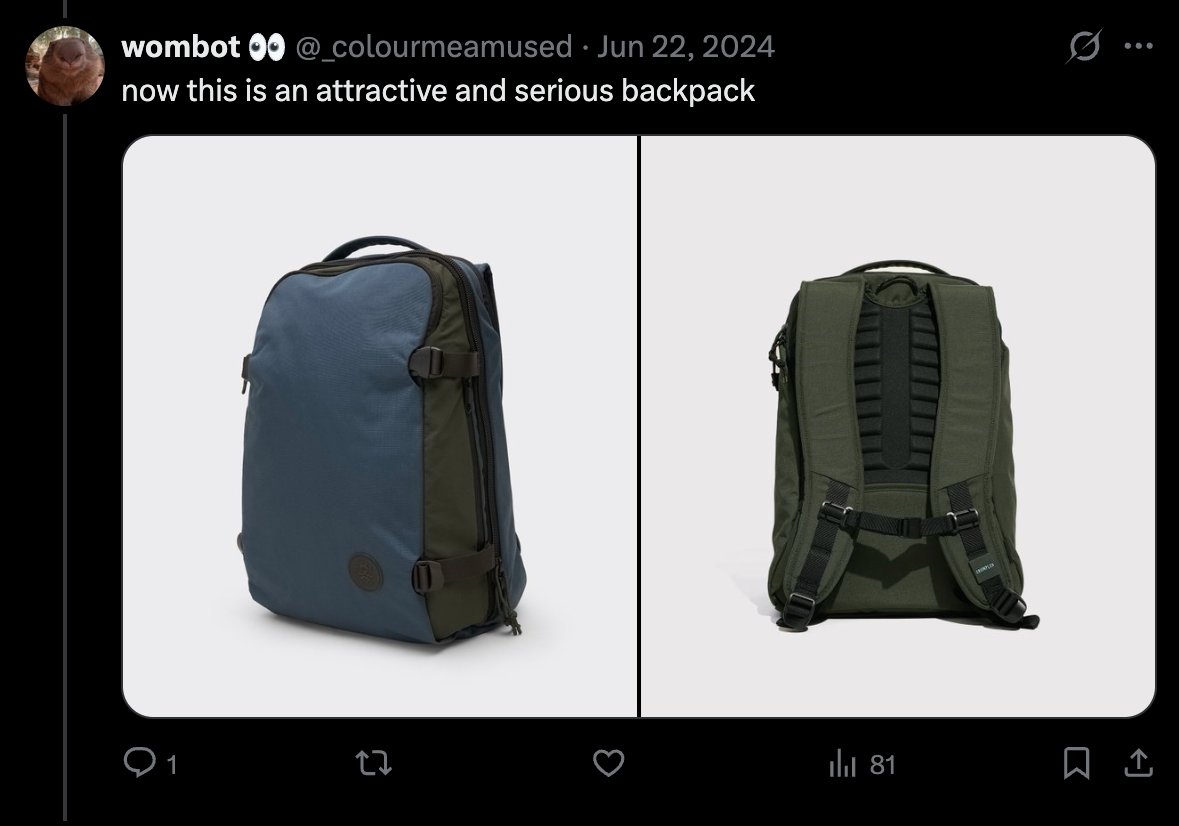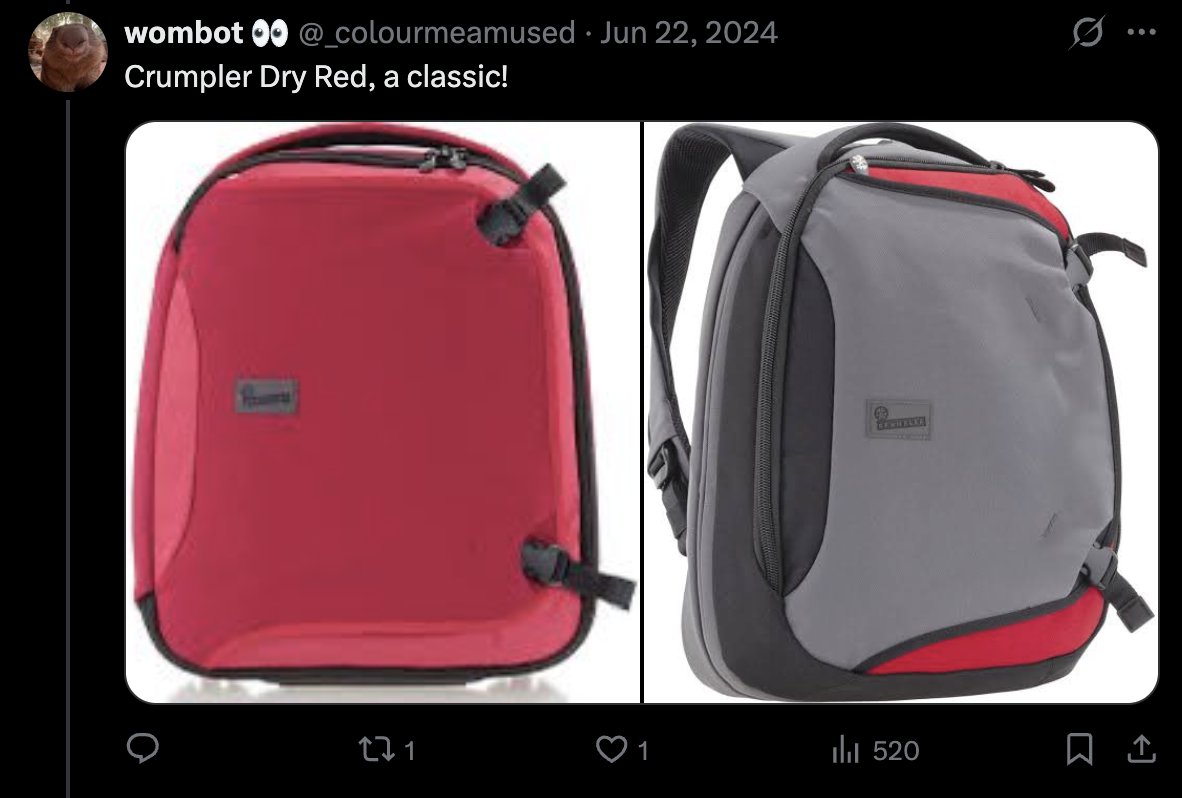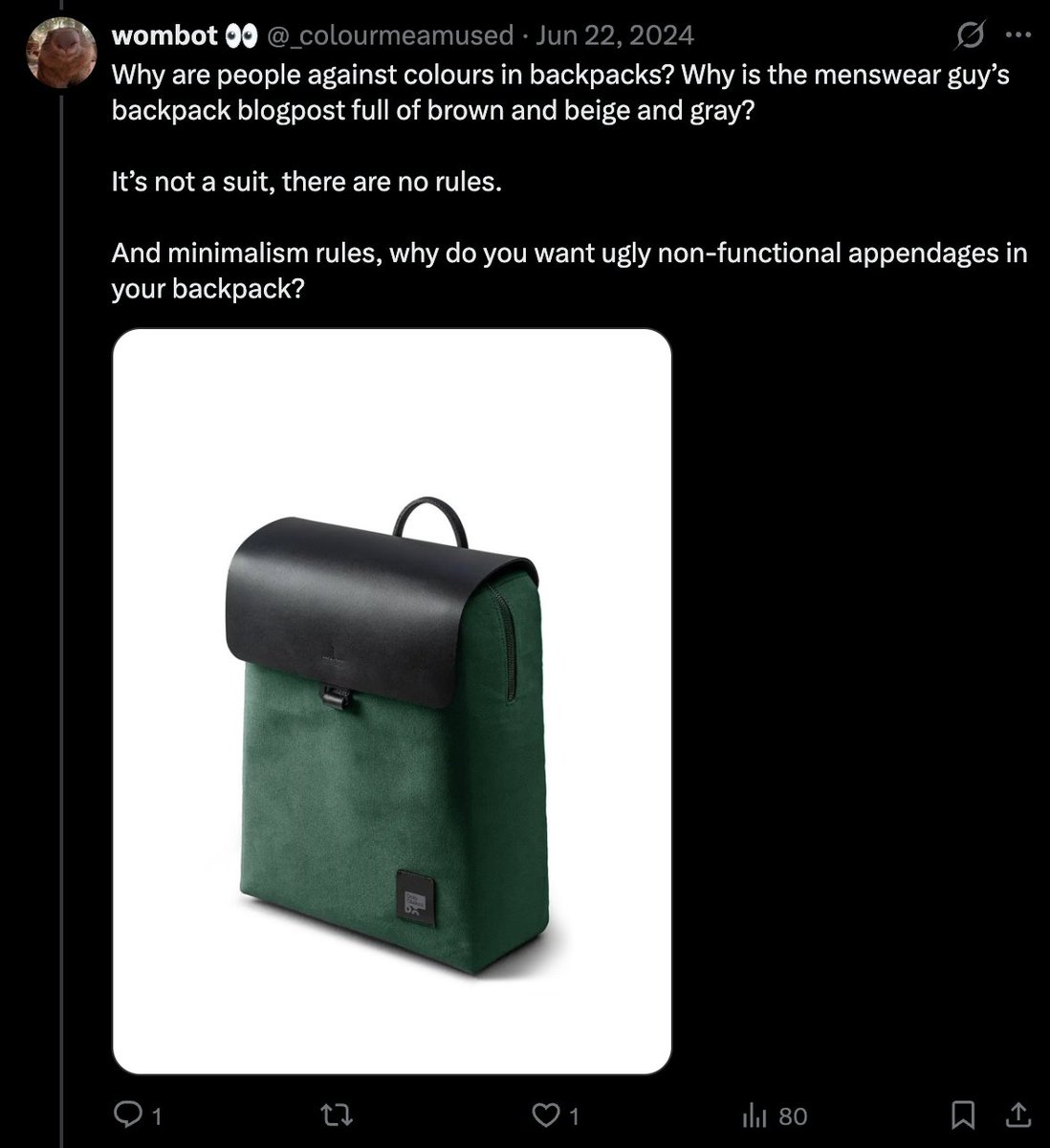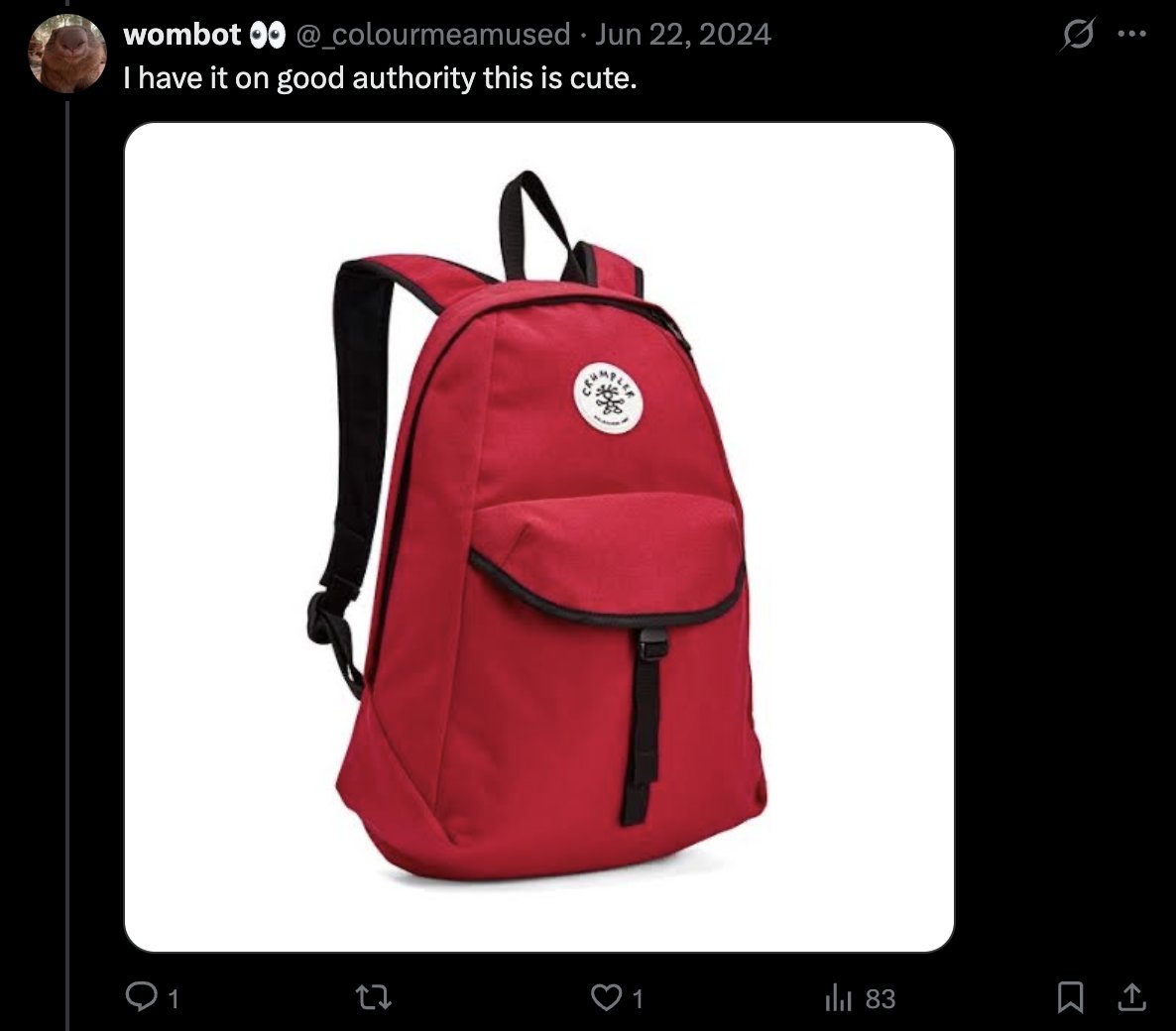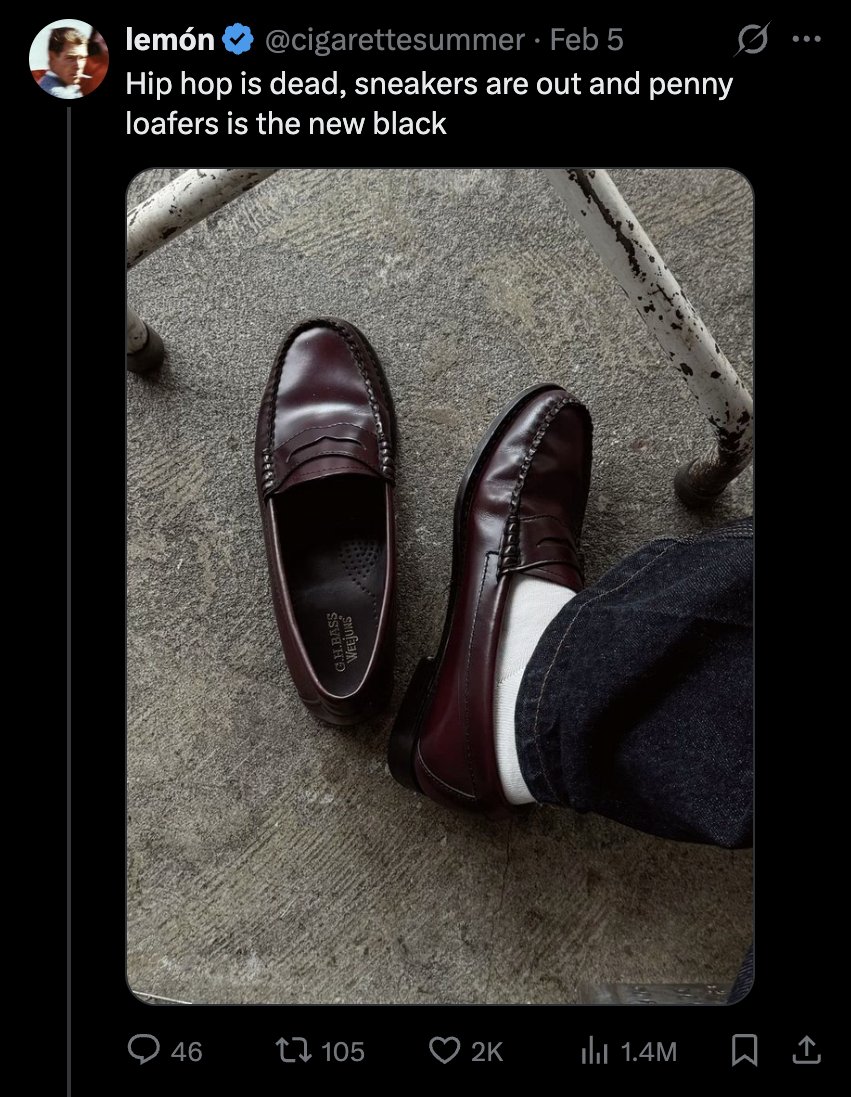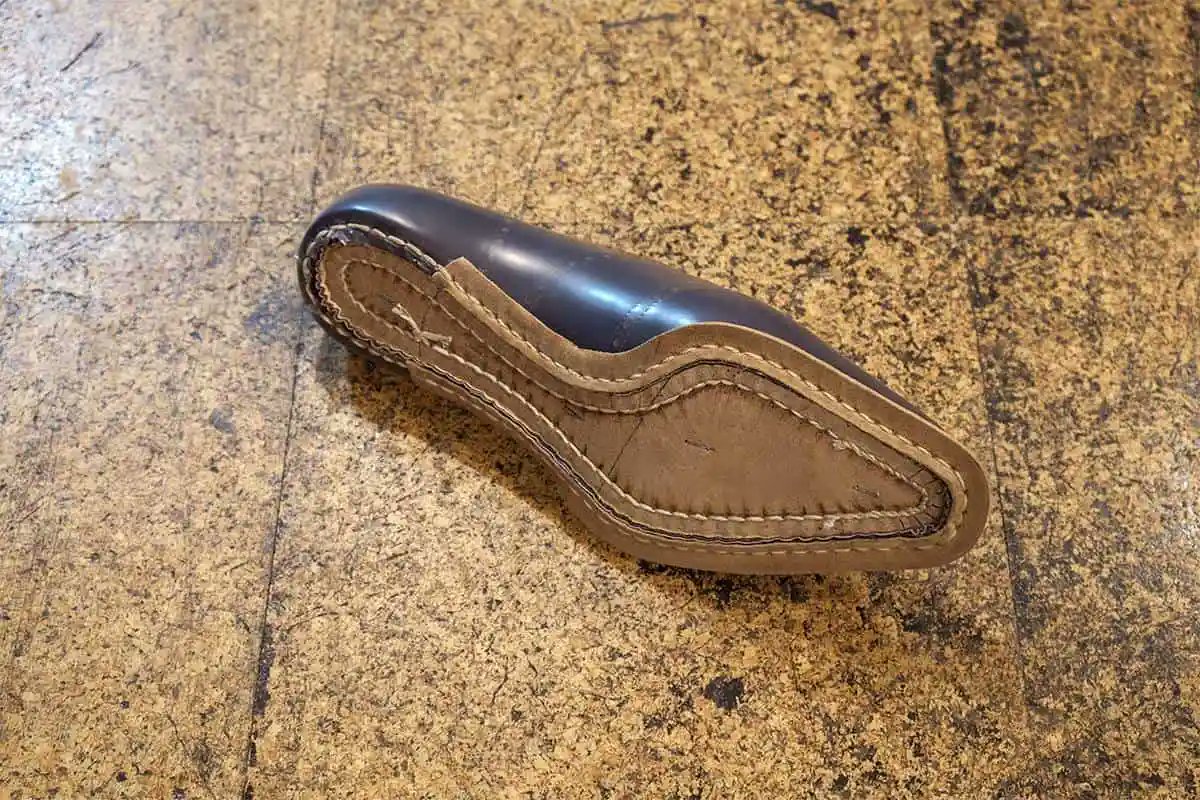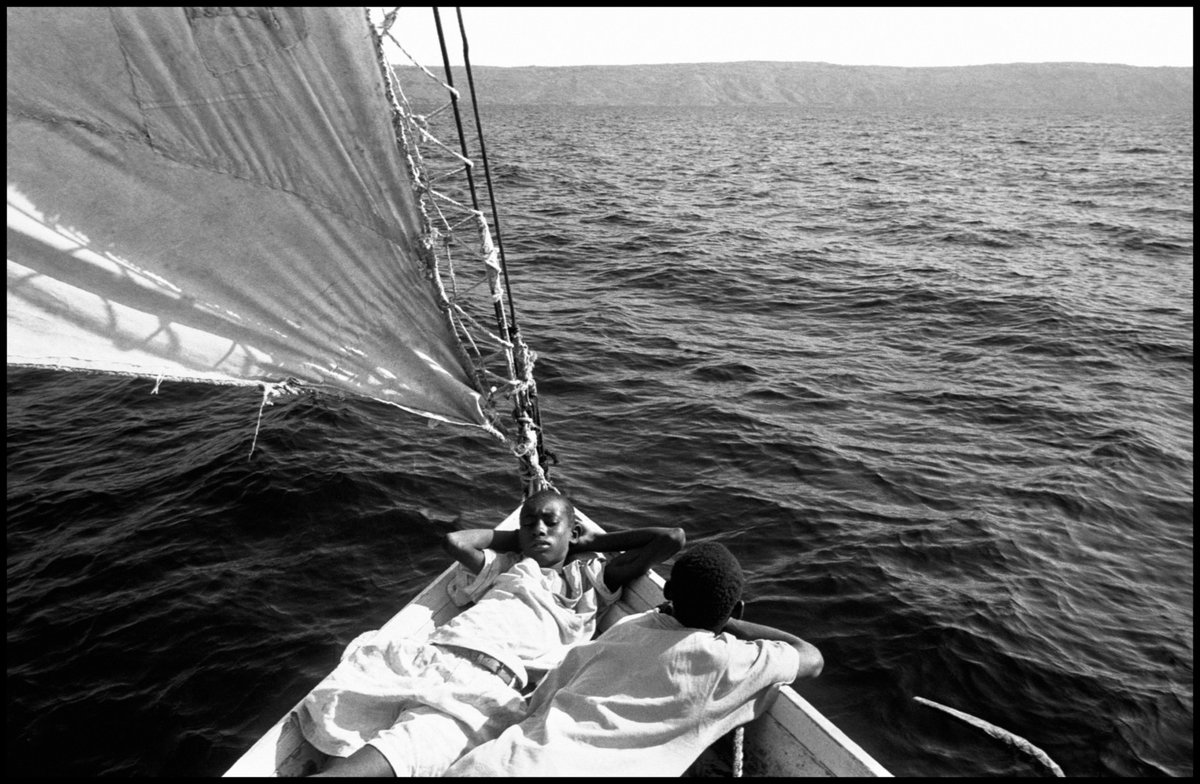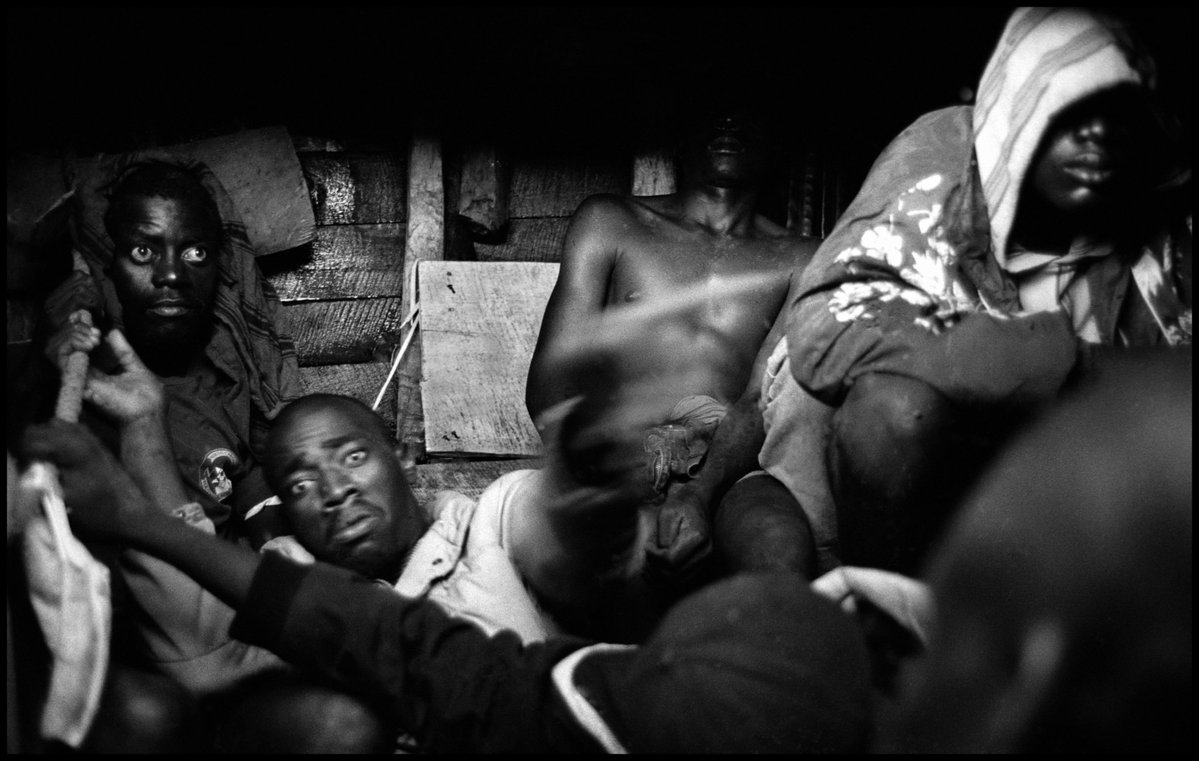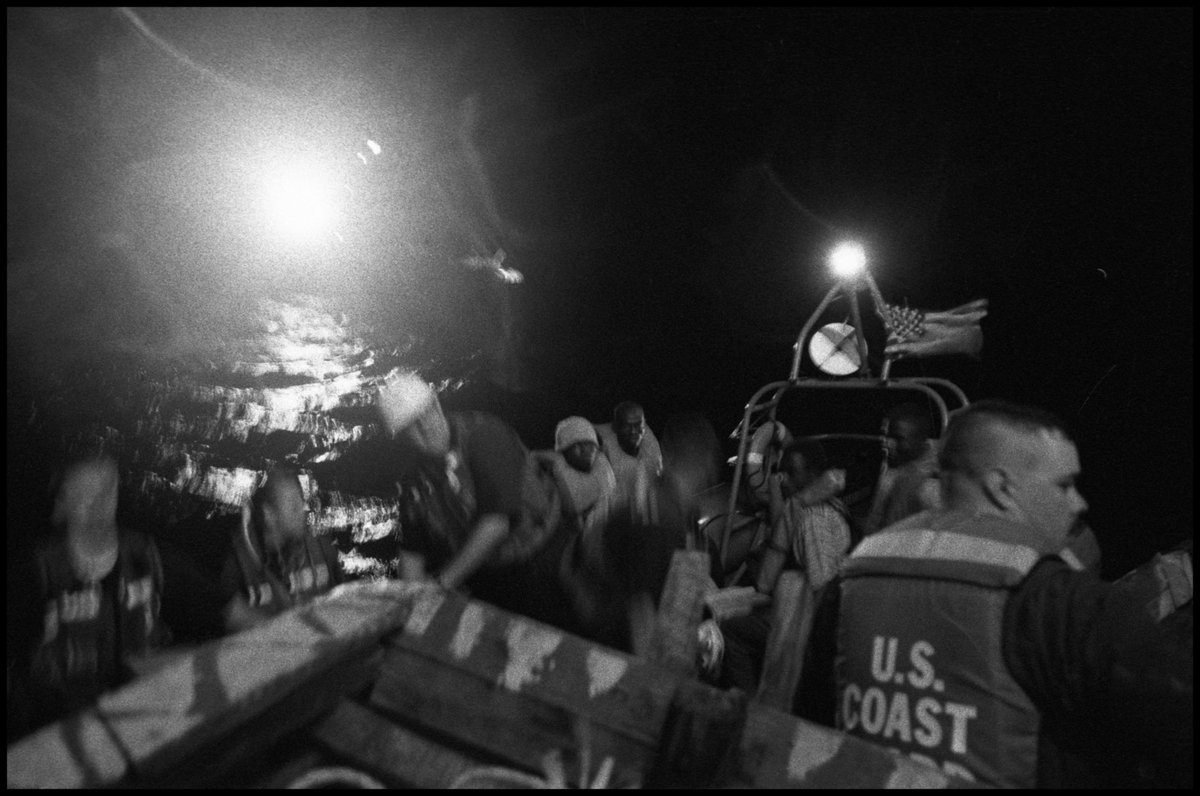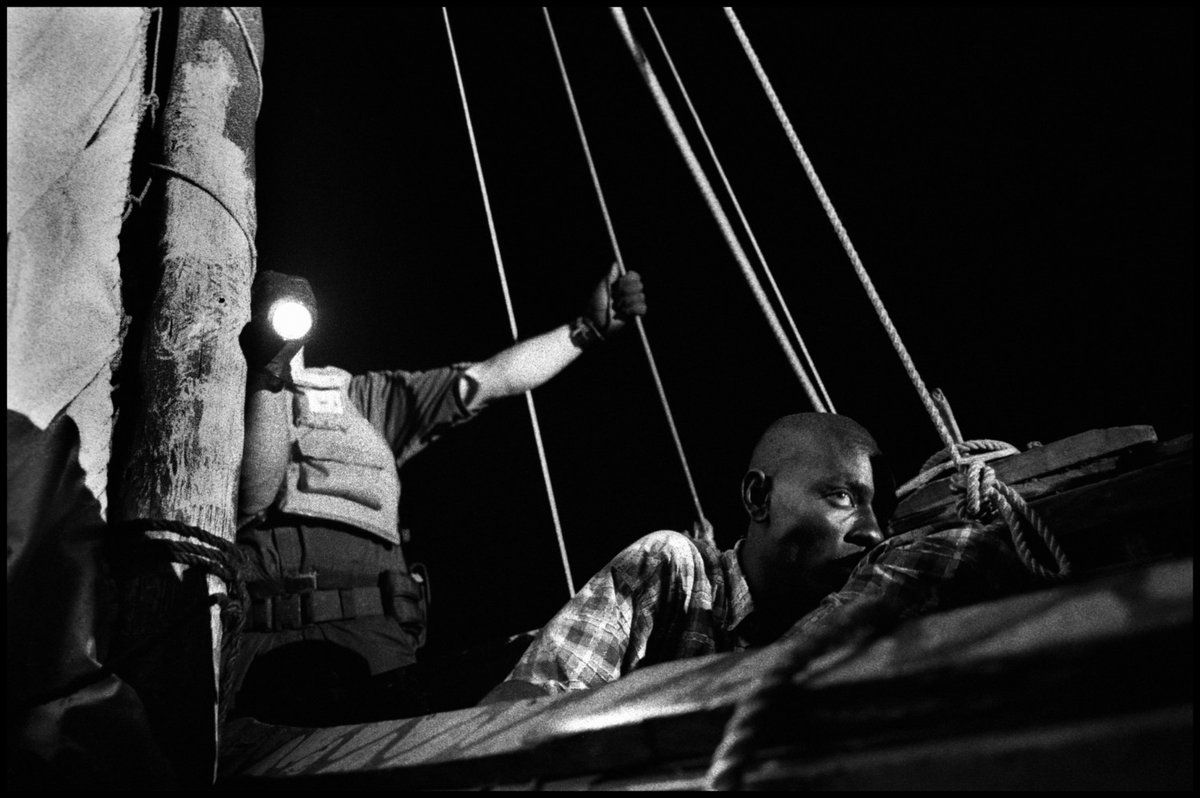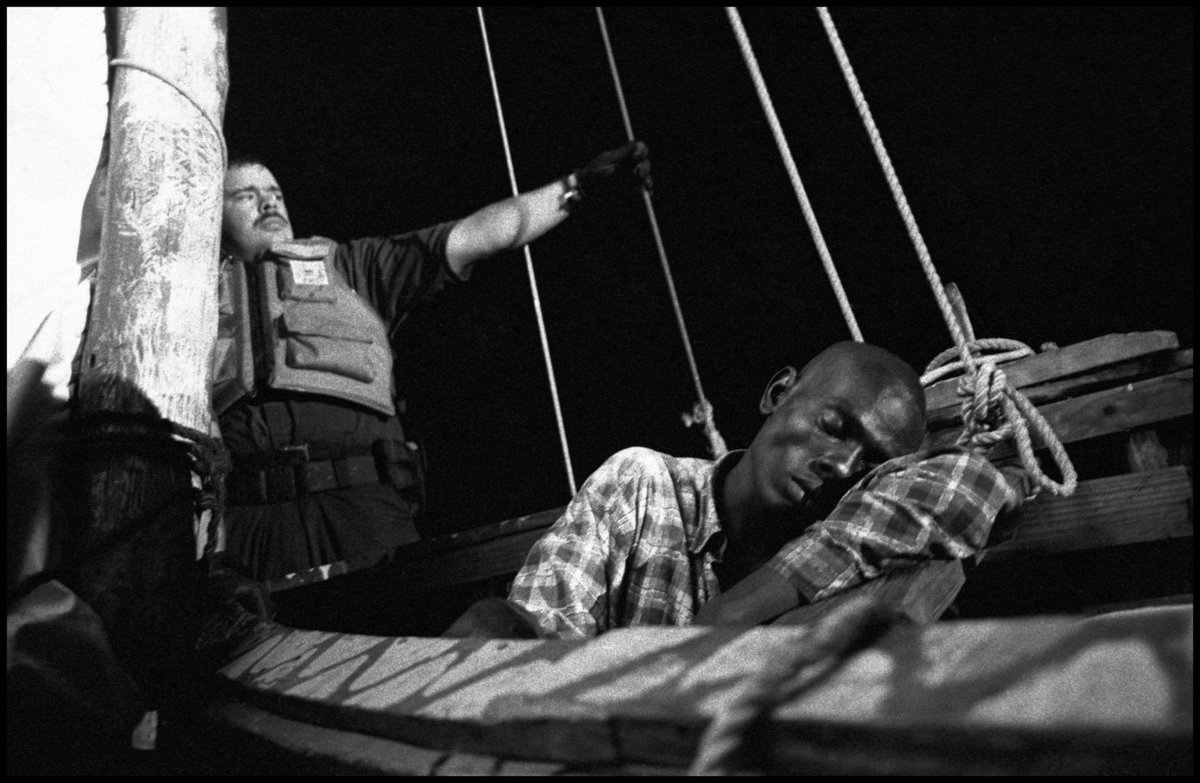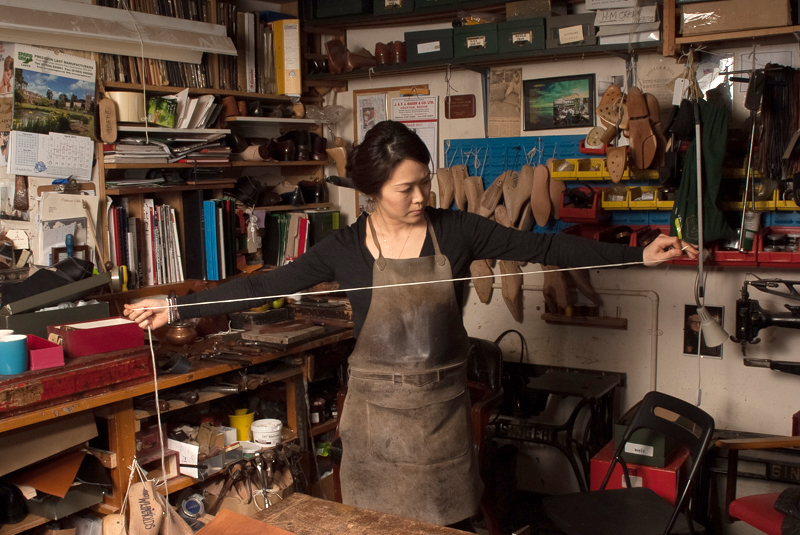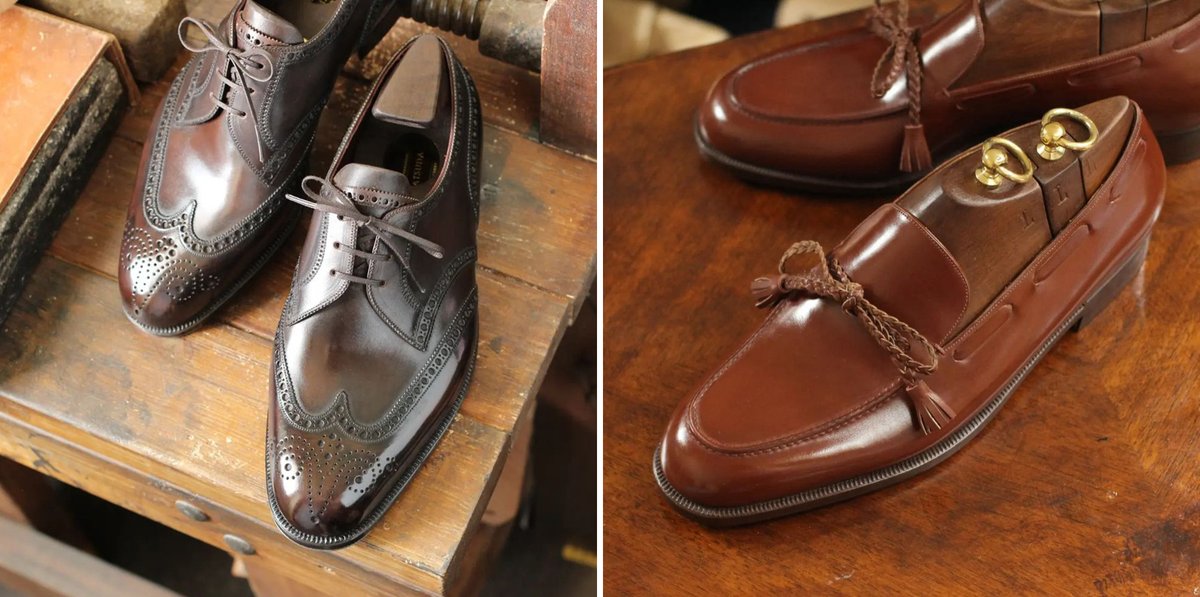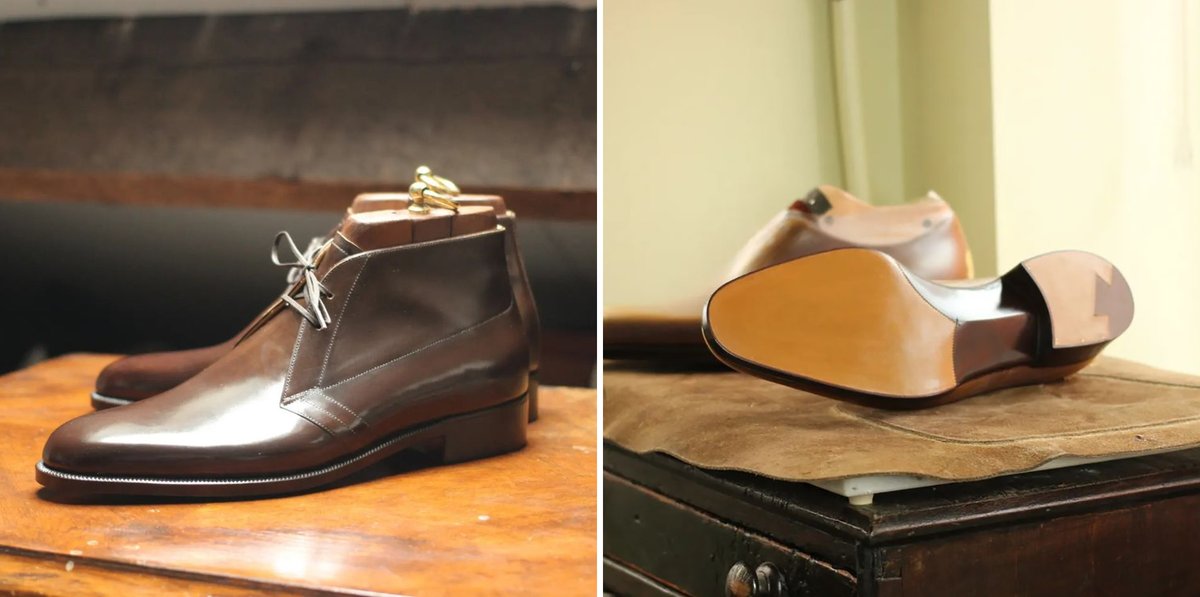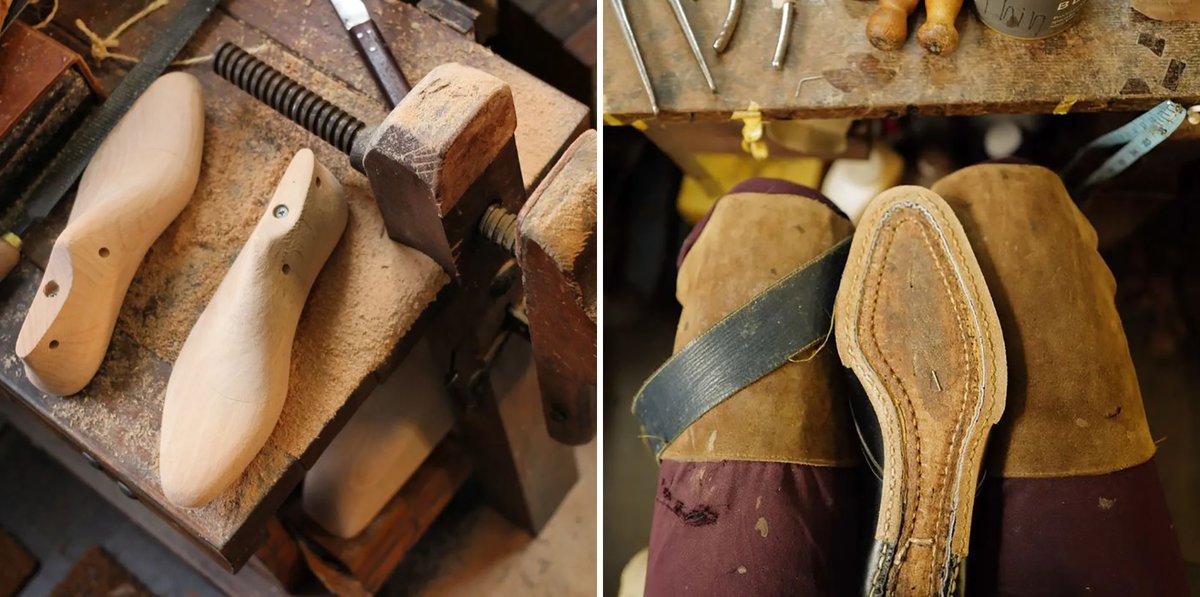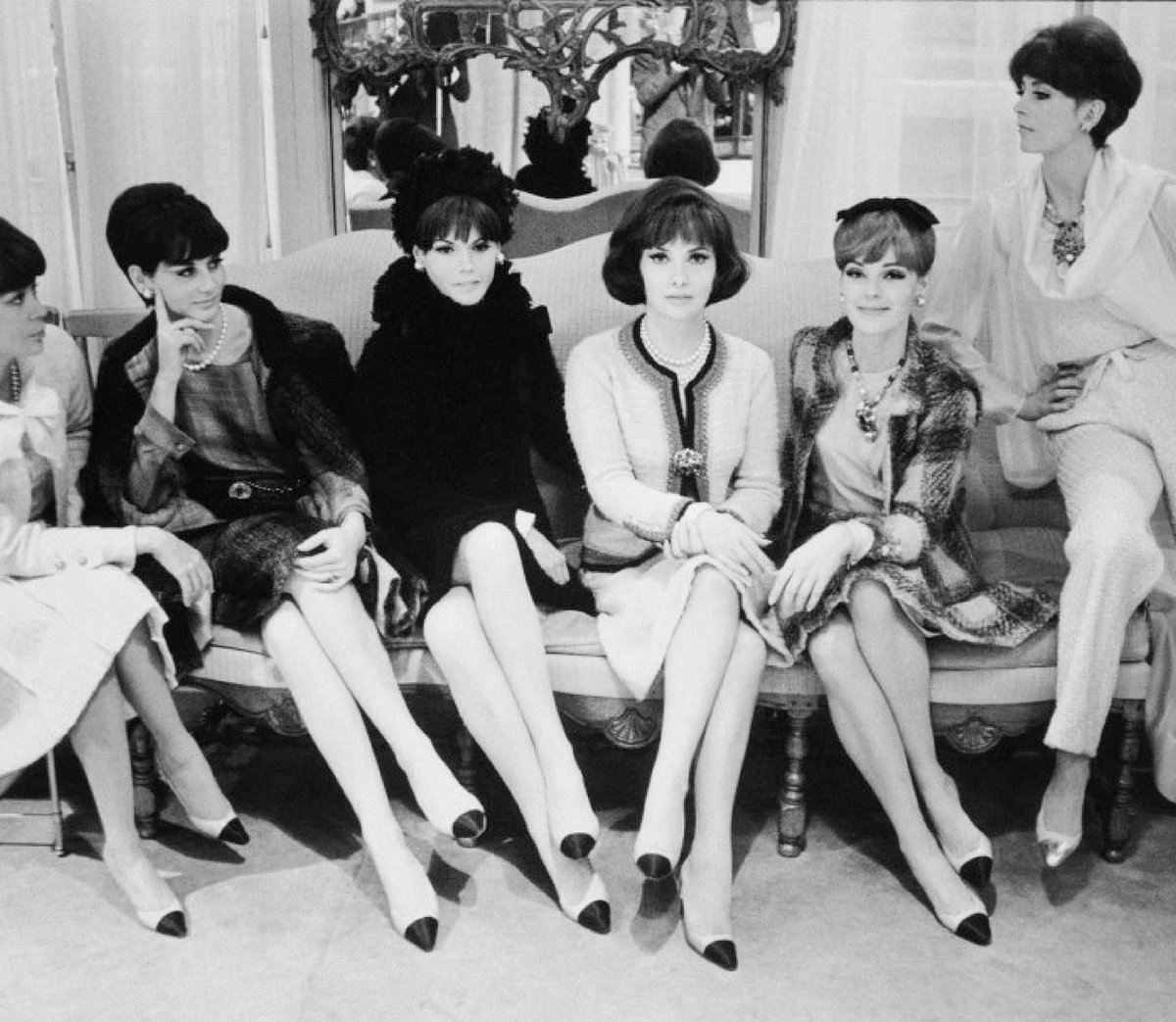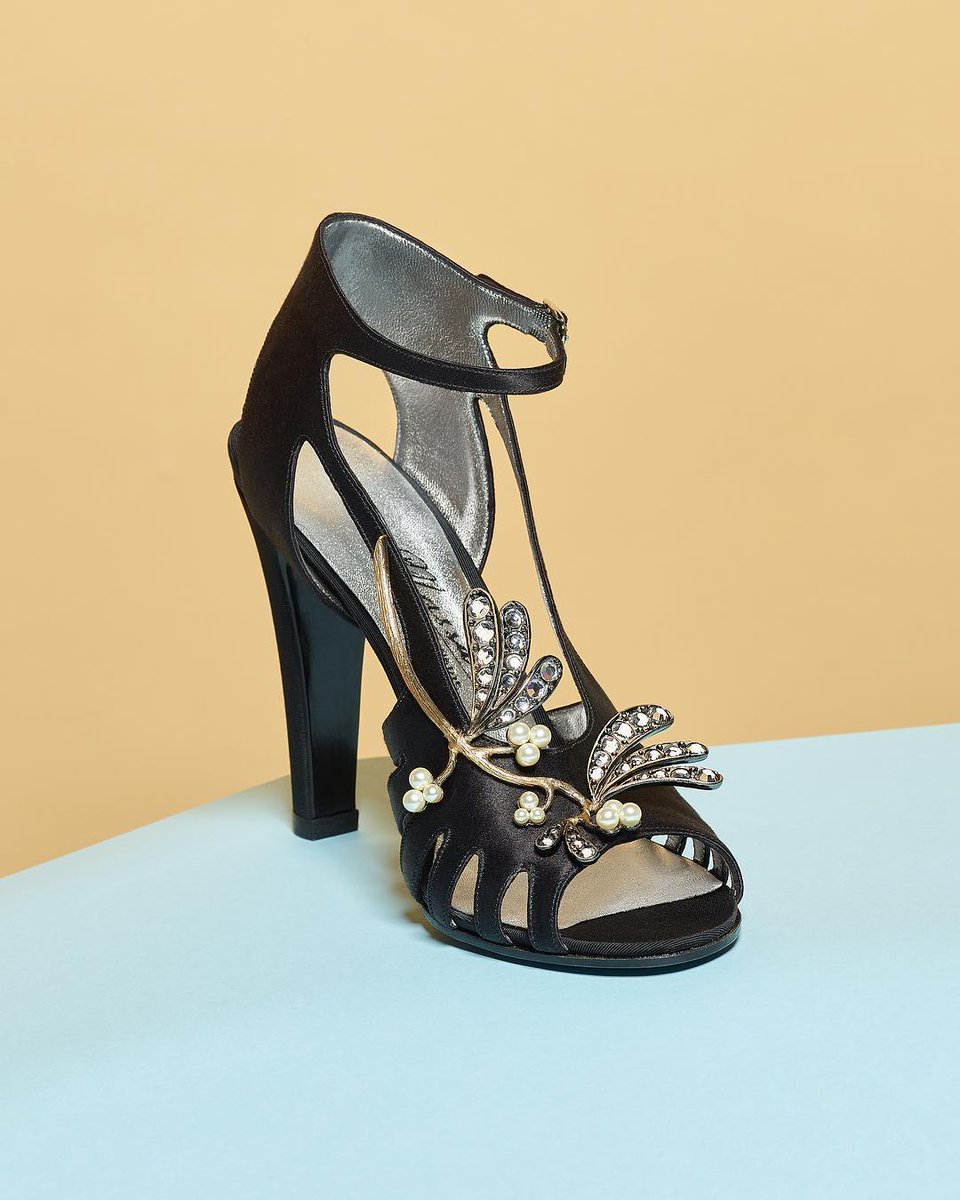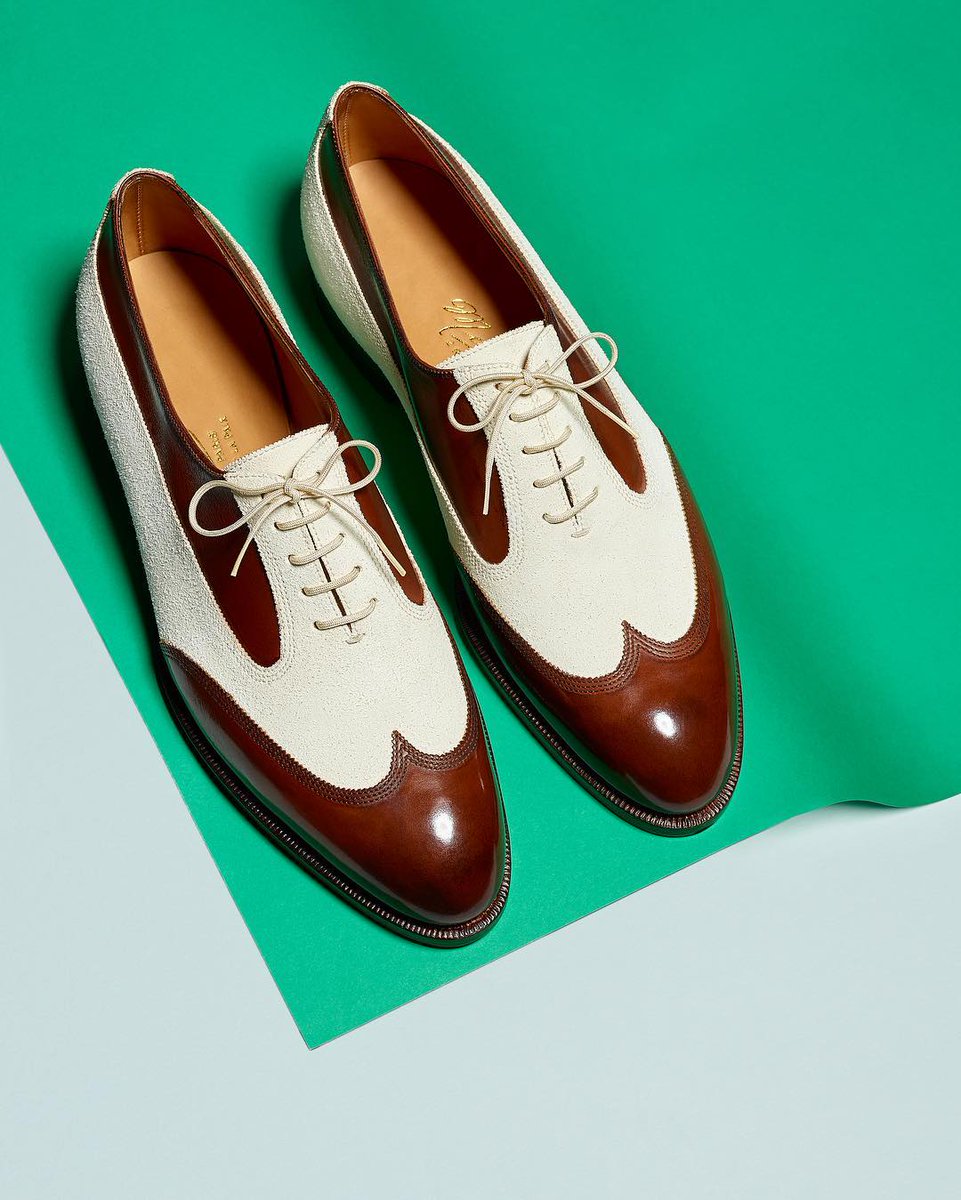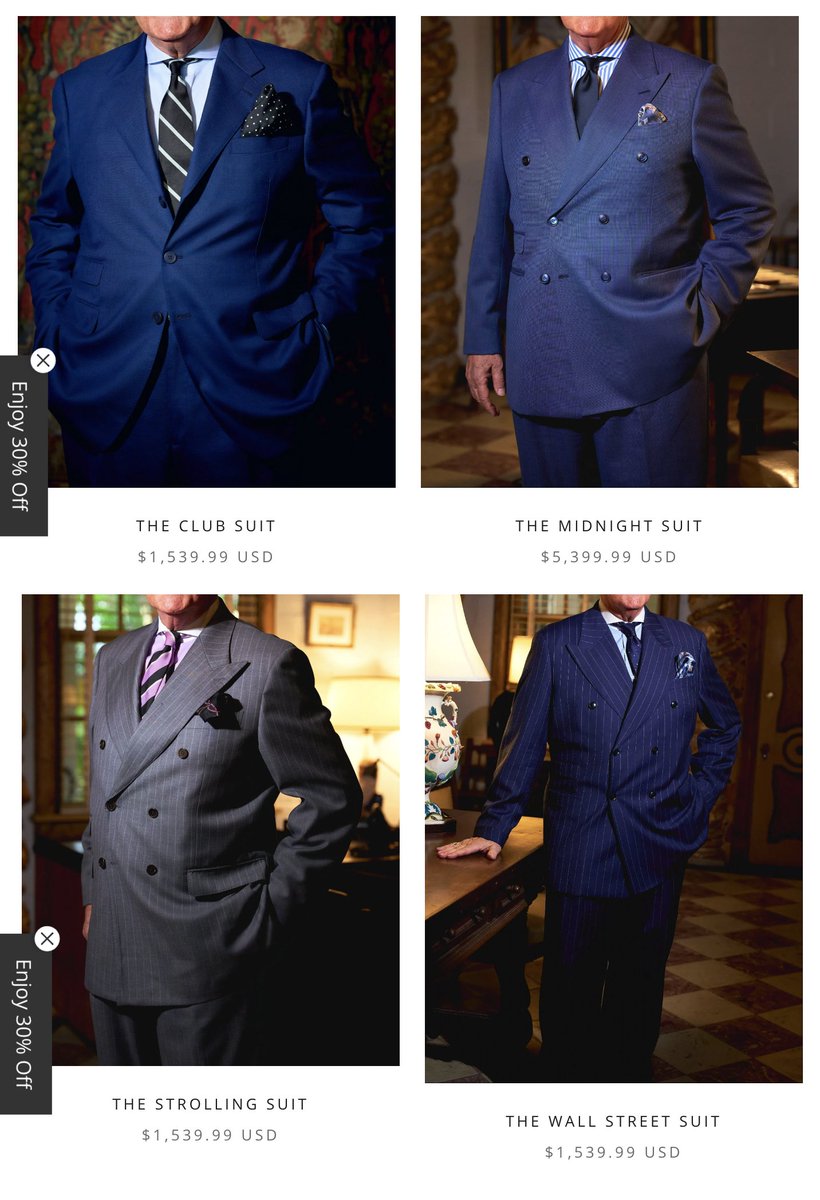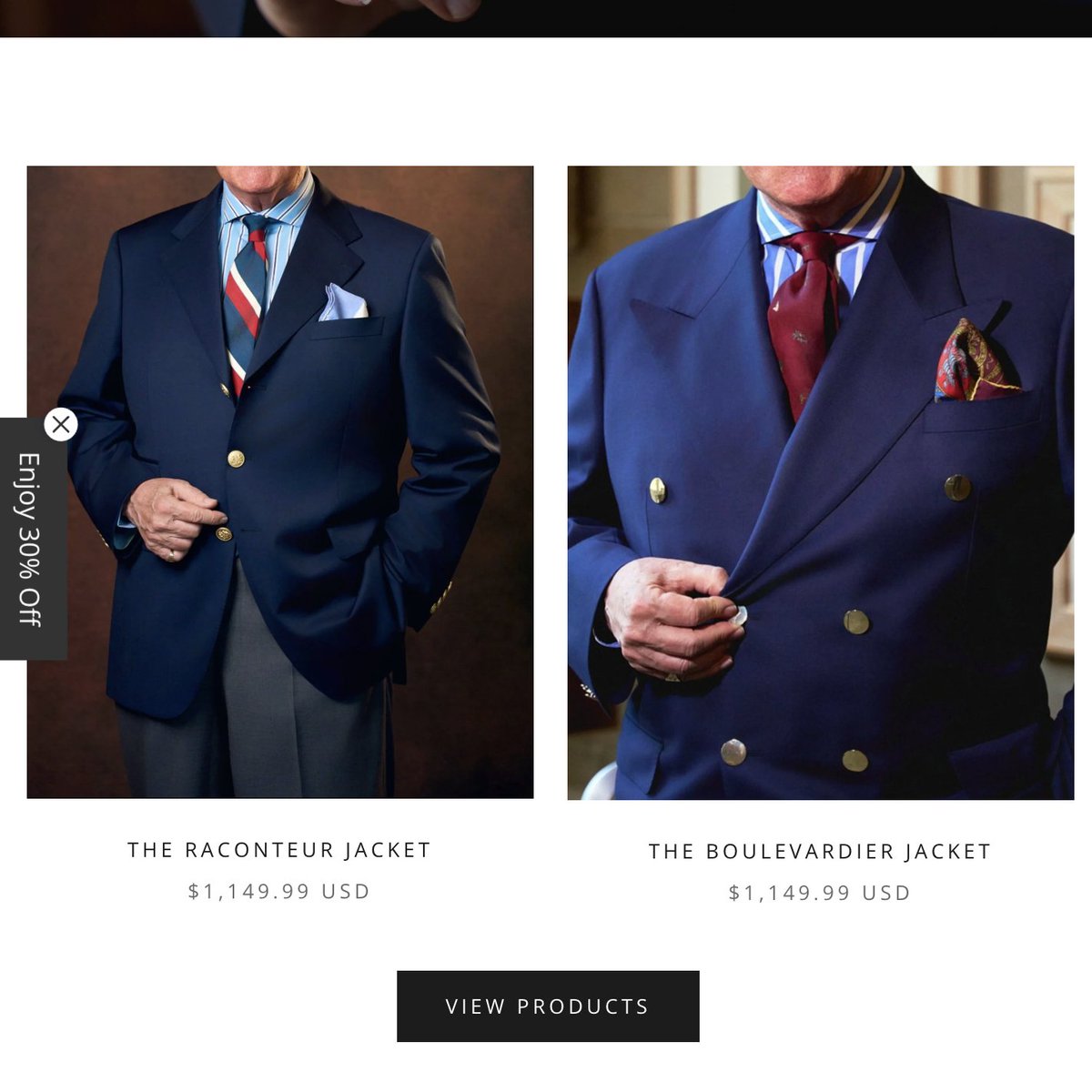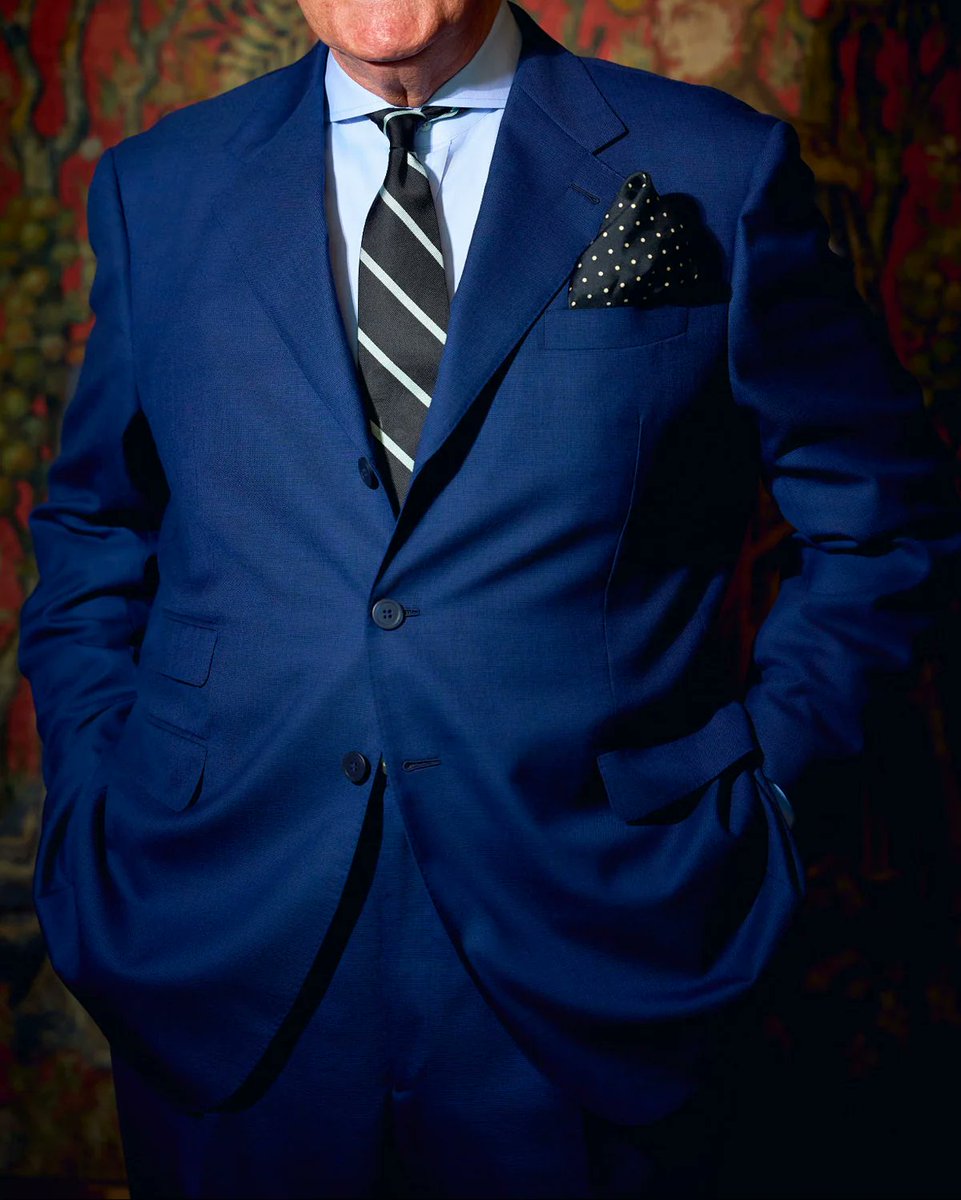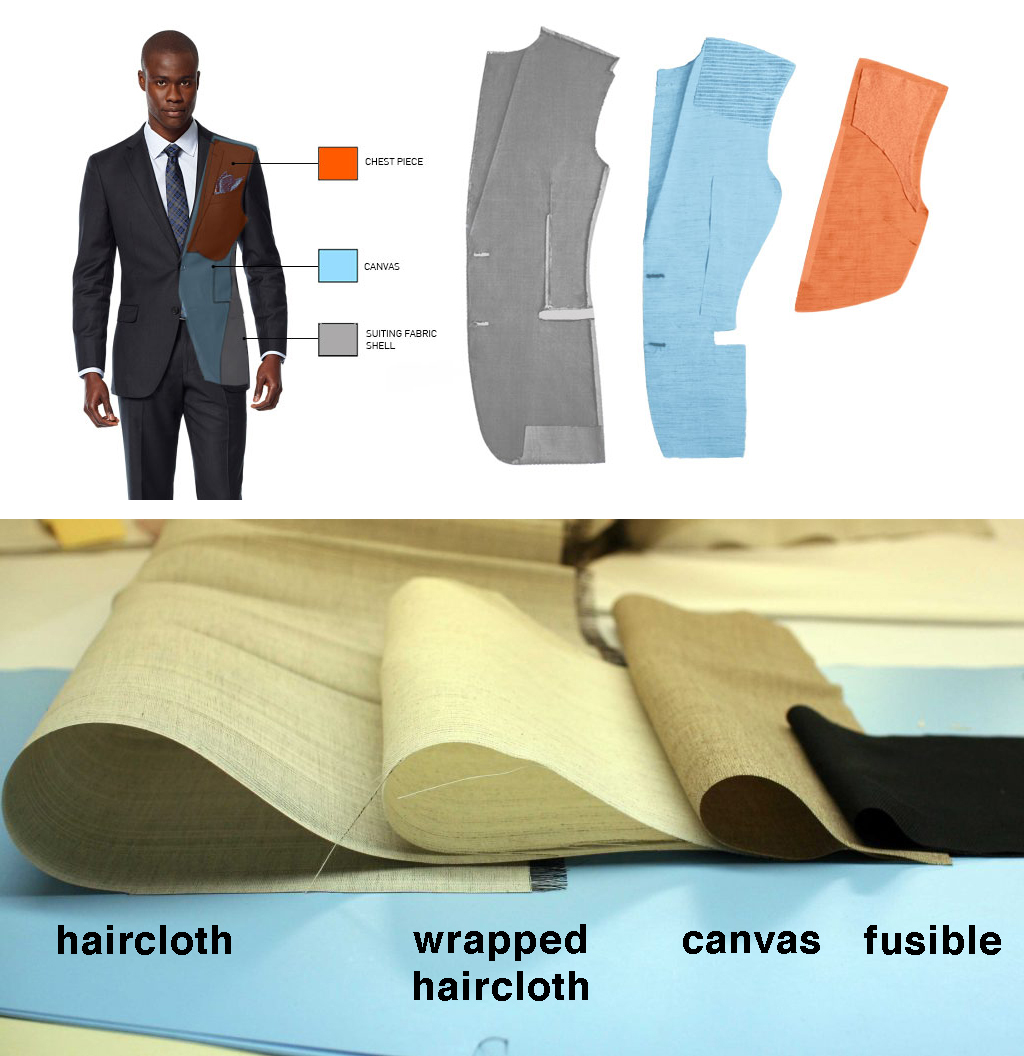Have you ever wondered why people seemingly dressed better in the past? There are many reasons, such as the wide availability of skilled tailors. But an overlooked one has to do with how fabrics have changed over time. 🧵 

Fabrics come in a variety of weights. In Europe, this is measured in grams per square meter (GSM). In the US, it's measured in ounces per square yard. At a traditional tailor's workshop, midweight fabrics are 14oz. Lightweight is 12oz and below; heavy is 16oz and above.




When you look at photos of men in the past, they are typically wearing at least 14oz for their suits and sport coats, and 24oz for overcoats. It was not uncommon for winter suits to be made from fabrics as heavy as 18oz and overcoats to be 32oz Melton wool.




Even in the summer, it was not uncommon for men to wear fabrics in the 12 to 14 ounce range. They dealt with the heat by wearing fabrics with more open weaves. The more open the weave, the more easily your body heat can escape, and every breeze can be felt.




As the 20th century marched forward, two things happened. First, the growing availability of central heating meant that offices were warmer. Second, for men who could afford it, luxury tailoring became obsessed with finer, lighter, and silkier materials. 

In the industry, fabrics are often given a number, which corresponds with how many spools—or "hanks"—can be spun out of a pound of raw wool. So if a fabric is said to be "60s," that means a pound of wool yielded 60 hanks. The finer the fiber, the more hanks—and softer to touch. 

For generations, 60s was considered the best wool, but through selective breeding, farmers were able to produce sheep with finer fleeces. Then we got 70s and 80s wool. Although consumers were unaware of these numbers, people in the industry were obsessed with hitting 100. 

When this was finally achieved in the 1960s, two British companies—Joseph Lumb & Sons and H. Lesser—decided to market their fabrics as “Lumb’s Huddersfield Super 100s.” The word "Super" conveyed that this stuff was the best. The marketing really took off, esp in Japan and Italy.

Italian brands have especially embraced lightweight Super fabrics. The soft, silky, and lightweight materials often complement their unconstructed tailoring, sleek styles, and, of course, warmer Italian weather. It's la dolce vita!



The problem is that lightweight fabrics have no "guts." They don't hang very well. They are also hard to tailor. In a bespoke workshop, a tailor will take great care to make sure the shoulder slope of your jacket follows your shoulder slope, etc.




When done well, this is how you're able to get these beautiful garments that hang perfectly, like the photo below. However, this is aided by slightly heavier fabrics. Lightweight fabrics will show every teeny, tiny imperfection (think of how your dress shirts look). 

Any mismatch between your shoulder slope and the jacket's shoulder slope will show up as a wrinkle going from the middle of your back to your armpit. The garment will be harder to press, so you won't get those crisp lines. The slightest humidity will also cause it to pucker.
Trump buys his suits from Brioni, and they are almost certainly made from lightweight wools. Look at how his trousers wrinkle, especially as the cloth shifts from his seat to the front of his shoe. This is what is meant by "doesn't hang well." Compare to 2nd pic with heavy fabric




His clothes also hold their wrinkles more. This is most evident around his crotch, where the fabric often looks like used tissue paper.




By contrast, look at these linen suits. Linen, as you know, holds wrinkles—that's part of the charm. But since these suits are made from heavier 14oz linen fabrics, they rumple more than they wrinkle. You don't see those hard creases like on Trump's worsted wool pants.




It's harder to get clothes made from these fabrics nowadays. Among guys obsessed with tailoring, there are "cloth clubs" where members organize special runs of custom fabrics made to Old World specs. Stuff tailors beautifully.




In the ready-made market, there are still a lot of clothes made from midweight 14oz fabrics. A good rule of thumb: wear the heaviest fabric you can bear. Look for stuff with "guts." See how the trousers hang. This is the secret sauce in those old pics. 

Please don't turn this thread into another annoying debate about respectability, the past, retvrn, conservative vs liberal politics, etc 😞 it's a thread about how different fabrics tailor
• • •
Missing some Tweet in this thread? You can try to
force a refresh


